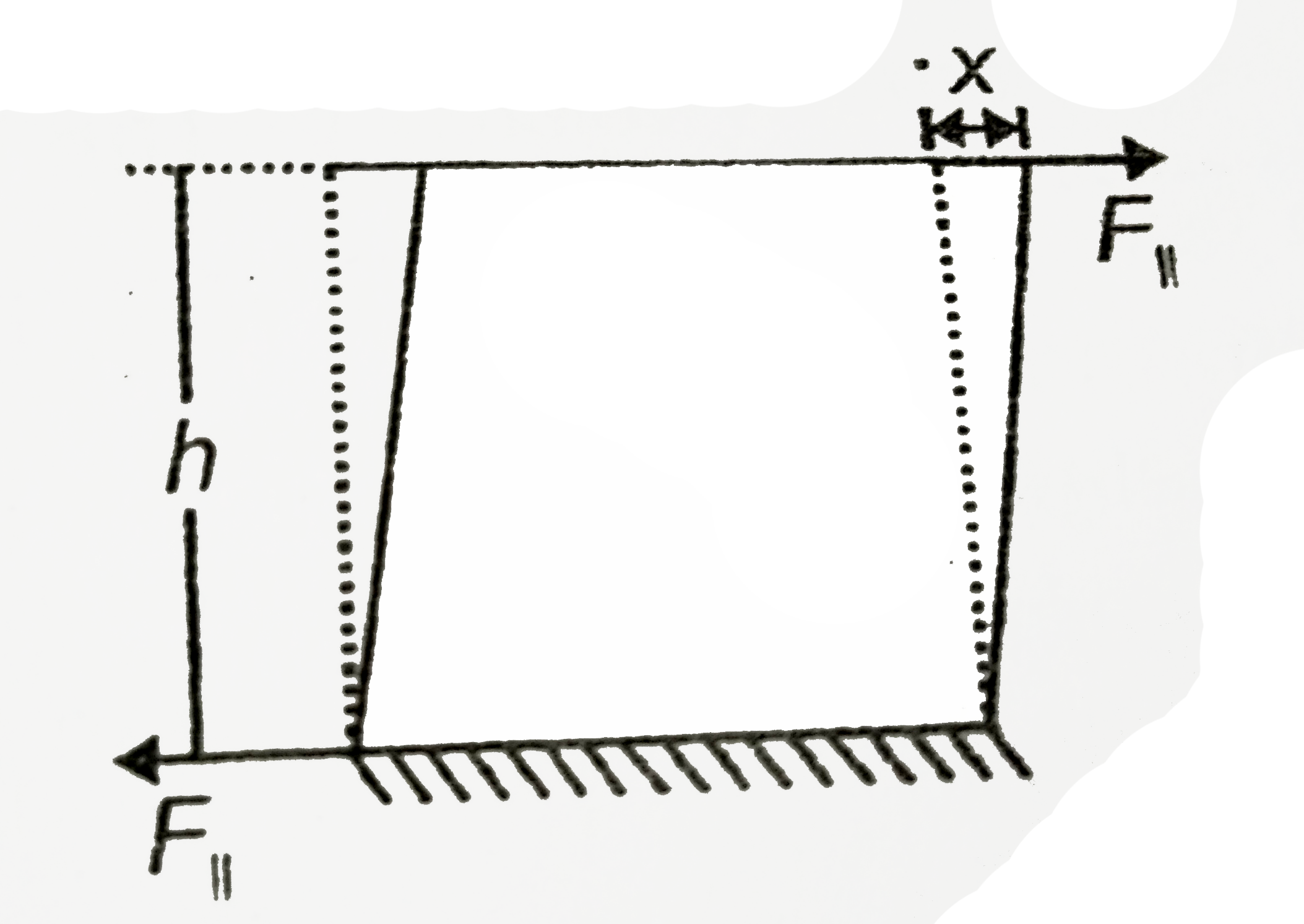Gene shear breaks
mRNA
rRNA
DNA
tRNA
The correct Answer is:A
Step-by-Step Solution:
1. Understanding the Question: The question asks about "gene shear breaks," which refers to the fragments formed during the processing of RNA.
2. Identifying the Options: The options provided are:
- a) mRNA
- b) rRNA
- c) DNA
- d) tRNA
3. Analyzing tRNA:
- tRNA (transfer RNA) is involved in the translation process, where it helps in decoding mRNA into proteins.
- Since gene shear breaks are related to RNA processing, tRNA does not play a role in the formation of gene shear breaks.
- Conclusion: tRNA is not the correct answer.
4. Analyzing rRNA:
- rRNA (ribosomal RNA) is a component of ribosomes and plays a role in protein synthesis but does not directly relate to the processing of mRNA or the formation of gene shear breaks.
- Conclusion: rRNA is not the correct answer.
5. Analyzing DNA:
- DNA contains both coding regions (exons) and non-coding regions (introns).
- During transcription, DNA is transcribed into pre-mRNA, which also contains both exons and introns.
- The introns are removed through a process called splicing to form mature mRNA.
- However, gene shear breaks specifically refer to the fragmentation of mRNA, not DNA itself.
- Conclusion: DNA is not the correct answer.
6. Analyzing mRNA:
- mRNA (messenger RNA) is the product of transcription from DNA and carries the genetic information to be translated into proteins.
- During the processing of mRNA, it can be fragmented or sheared, leading to the formation of gene shear breaks.
- These breaks in mRNA result in the loss of its ability to convey genetic information.
- Conclusion: mRNA is the correct answer.
7. Final Answer: The correct option for "gene shear breaks" is mRNA.
- a) mRNA
- b) rRNA
- c) DNA
- d) tRNA
- tRNA (transfer RNA) is involved in the translation process, where it helps in decoding mRNA into proteins.
- Since gene shear breaks are related to RNA processing, tRNA does not play a role in the formation of gene shear breaks.
- Conclusion: tRNA is not the correct answer.
- rRNA (ribosomal RNA) is a component of ribosomes and plays a role in protein synthesis but does not directly relate to the processing of mRNA or the formation of gene shear breaks.
- Conclusion: rRNA is not the correct answer.
- DNA contains both coding regions (exons) and non-coding regions (introns).
- During transcription, DNA is transcribed into pre-mRNA, which also contains both exons and introns.
- The introns are removed through a process called splicing to form mature mRNA.
- However, gene shear breaks specifically refer to the fragmentation of mRNA, not DNA itself.
- Conclusion: DNA is not the correct answer.
- mRNA (messenger RNA) is the product of transcription from DNA and carries the genetic information to be translated into proteins.
- During the processing of mRNA, it can be fragmented or sheared, leading to the formation of gene shear breaks.
- These breaks in mRNA result in the loss of its ability to convey genetic information.
- Conclusion: mRNA is the correct answer.
Topper's Solved these Questions
- PRINCIPLES AND APPLICATIONS OF BIOTECHNOLOGYBOOK - DINESH PUBLICATION ENGLISHCHAPTER - PRINCIPLES AND APPLICATIONS OF BIOTECHNOLOGYEXERCISE - CYG
10 Videos
- PLATYHELMINTHES-THE FLAT WORMSBOOK - DINESH PUBLICATION ENGLISHCHAPTER - PLATYHELMINTHES-THE FLAT WORMSEXERCISE - check your grasp
9 Videos
- REPRODUCTION IN ORGANISMSBOOK - DINESH PUBLICATION ENGLISHCHAPTER - REPRODUCTION IN ORGANISMSEXERCISE - Check Your Grasp
19 Videos
Similar Questions
Knowledge Check
The ratio of shearing stress to the shearing strain is defined as
AYoung's modulusBbulk modulusCshear modulusDcompressibility
A metalic cube whose side is 10cm is subjected to a shearing force of 100 N. The top face is displaced through 0.25cm with respect to the bottom . Calculate the shearing stress, strain and shear modulus.
View Solution(A): Transverse mechanical waves can not propagates in liquids and gases.
(R): Liquids and gases flow when acted on by shearing stress, they can not sustain shear stress
View SolutionHow should we apply a force on a body to produce shearing stress?
View Solutiona. Estimate the force with which a karate master strikes a board, assuming that hand's speed at the moment of impact is 10.0ms−1, decreasing to 1.00ms−1 during a 0.002s time interval of contact between the hand and the board. The mass of his hand and arm is 1.00kg .
b Estimate the shear, assuming this force it exerted on a 1.00cm thick pine board that is 10.0cm wide.
c. If we maximum shear stress a pine board can support before breaking is 3.60×106N/m2, will the board break?
View SolutionA restriction endonuclease breaks bonds between the
View SolutionThe strain energy stored in a body of volume V due to shear strain is ϕ (shear modulus is n)
View SolutionSuppose the object in figure shown is the brass plate of an outdoor sculpture. It experiences shear forces as a result of an erthquake. The frame is 0.80 m and 0.50 cm thick. Calculate the shear strain produced in this object if the displacement x is 0.16 mm. (Shear modulus =3.5×1010Pa)

View Solution
